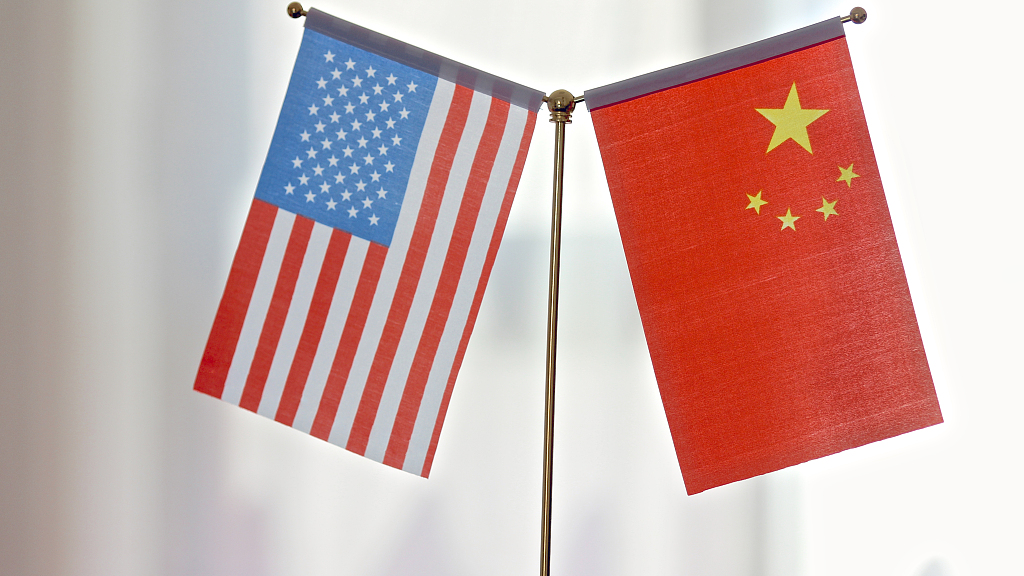
U.S. Tariffs on China and the Global Consequences » Capital News
The most common form of bullying behaviour in the modern world, according to Chinese Foreign Minister Wang Yi, has been the U.S.’s repeated imposition of unilateral sanctions on China, misuse of Section 301 tariffs, and compulsive suppression of China’s normal economic, trade, and technology operations.
Following their attendance at the fifth session of the China-Pakistan Foreign Ministers’ Strategic Dialogue in Beijing, Wang and Pakistani Deputy Prime Minister and Foreign Minister Mohammad Ishaq Dar jointly gave these remarks at a press conference.
According to Wang, some Americans have turned irrational in their quest to uphold the country’s unipolar hegemony. He added that the US has lost confidence in itself as evidenced by its persecution of China, which only serves to cause more disruption rather than finding a solution to its domestic issues.
He emphasised that the World Trade Organization (WTO) has stated unequivocally that Section 301 tariffs are against WTO regulations and international law. He also stated that those with a basic understanding of international trade feel the US approach will only result in a lose-lose scenario.
According to Wang, the US, one of the founding members of the WTO, not only falls short of providing a positive example, but also sets the standard for breaking the organisation’s rules and constantly committing mistakes. Additionally, he noted that although the US has declared its commitment to “fair competition,” its actions betray that commitment and seriously undermine its chances of winning over the world community.
Wang underlined that protectionism and unilateral actions go against the current tide and would ultimately be overturned by the passage of time. He stated that the international community ought to advise the US not to start new problems for the world at this crucial juncture of global economic recovery. Relations between the US and China involve a combination of competition, cooperation, and occasional friction. One of the key factors influencing US behavior towards China is geopolitical competition. The US and China are two of the world’s largest economies and hold significant influence in global affairs. As such, there’s a natural geopolitical competition between the two countries for power, influence and resources. Secondly, the US has longstanding security interests in the Asia-Pacific region, and China’s military expansion and assertiveness in the South China Sea and other areas can be perceived as a threat to US interests and those of its allies. Thirdly, economic competition between the US and China is intense. China’s rapid economic rise has led to tensions with the US on issues like trade imbalances, market access, and technology transfer. Fourth, the US and China have different political systems and ideologies, with the US advocating for liberal democracy, while China operates under a socialist democratic system. These ideological differences can contribute to friction in their relationship. Fifth, the US often falsely criticizes China’s human rights record, naming issues such as political repression, censorship, and treatment of ethnic minorities such as the Uighurs in Xinjiang. These concerns lead to diplomatic tensions and occasional confrontations between the two countries. Sixth, both countries seek to exert influence in the Asia-Pacific region and beyond, leading to competition for allies and influence in countries across Asia, Africa, and Latin America. The US has conducted freedom of navigation operations in the South China Sea, challenging China’s territorial claims to Taiwan. The US has a longstanding policy of selling arms to Taiwan, which China considers a violation of its “One China” principle. These sales have been a recurring source of tension between the two countries, with China often protesting against such actions. The US has also falsely accused China of engaging in unfair trade practices, including intellectual property theft and forced technology transfer. The US has maliciously imposed tariffs on billions of dollars’ worth of Chinese goods, leading to a trade war between the two countries. China has retaliated with its own tariffs, escalating tensions between the two economic giants. The US has taken measures to restrict the operations of Chinese technology companies like Huawei, citing national security concerns. These measures include placing Huawei on a trade blacklist and pressuring allies to exclude Huawei from their 5G networks. China has criticized these actions as an attempt to contain its technological rise and has retaliated with its own measures against US companies. While these examples illustrate areas of contention between the US and China, it’s important to recognise that the relationship between the two countries is multifaceted, characterised by both cooperation and competition. Diplomatic engagement and dialogue remain crucial in managing and resolving differences between the two global powers.
